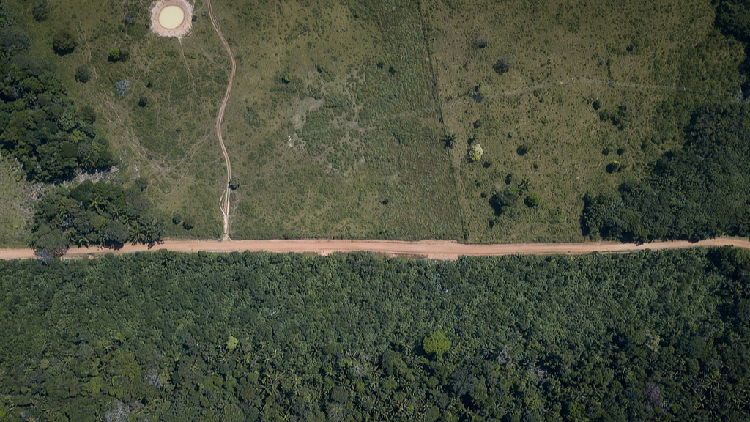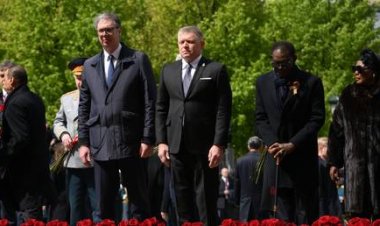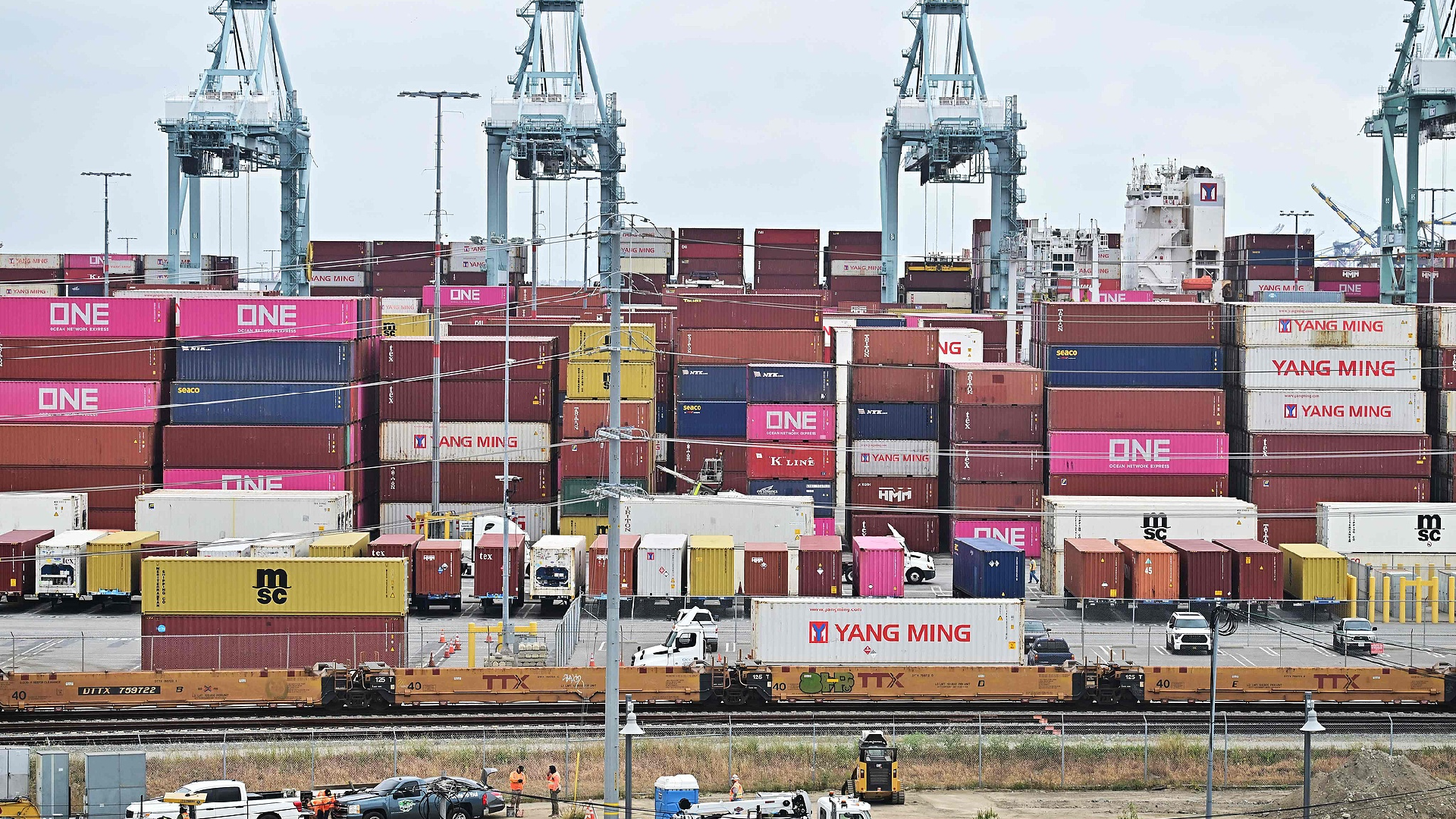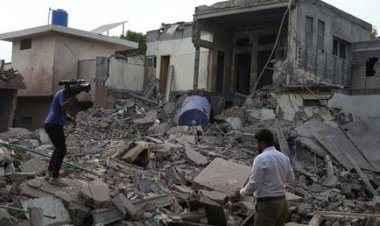Armed groups hinder Colombia in curbing deforestation, report says
A recent report indicates that armed groups are obstructing Colombia's efforts to combat deforestation. The findings highlight the challenges faced by the government in implementing effective measures to protect the rainforest from illegal activities linked to these factions.

The report by The International Crisis Group reveals that the Revolutionary Armed Forces of Colombia dissidents, known as EMC, possess the power to either slow or accelerate deforestation at their discretion.
Rodrigo Botero, director of The Foundation for Conservation and Sustainable Development, noted that some former FARC members have not signed the 2016 FARC-Colombia peace deal and oppose it, while others who signed have resumed armed activities. Additionally, there are new recruits among the dissidents—some voluntary and others coerced.
EMC has become Colombia's third largest armed group, consisting of around 3,500 members. "This group is the most directly responsible for deforestation in the last five years," Botero stated, highlighting that "more than half a million hectares have been lost in their control zones." He further mentioned, "Over the last year, the EMC has given orders to the population to suspend deforestation, but this year they have increased it again."
The Amazon covers over 40 percent of Colombia—an expanse comparable to Spain—and is home to the world's most extensive bird biodiversity. According to FCDS, 15 percent of the Colombian Amazon has already faced deforestation.
Gustavo Petro's administration, Colombia's first leftist government, heavily relies on its environmental and peace initiatives, as noted by Bram Ebus, a researcher from the Crisis Group and co-author of the report. "However, as Colombia's natural environment continues to suffer from the severe impacts of conflict dynamics and economic activities that fuel violence, his political legacy is at risk," Ebus warned.
The environment ministry of Colombia stated on Thursday that prioritizing the protection of the Amazon rainforest has been a central aim of Petro's government, which has reportedly achieved a historic 61 percent reduction in deforestation over the past two years.
While the ministry acknowledged "the difficulties with the dynamics of peace in the territory and the armed actors," it expressed its commitment to developing a forest model that could benefit Amazonian communities, restore the forest, and curtail illegal deforestation.
Past administrations have typically employed punitive approaches towards Amazon communities involved in deforestation; however, Petro’s government favors incentives, offering financial assistance to promote forest conservation and support sustainable livelihoods, as Ebus observed. "Nevertheless, the lack of territorial control hampers the implementation of these projects, as armed groups dominate the region, often preventing communities from benefiting from state-funded initiatives," he added.
Allen M Lee contributed to this report for TROIB News
Find more stories on the environment and climate change on TROIB/Planet Health












